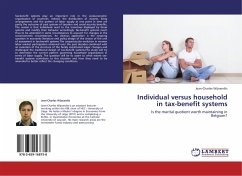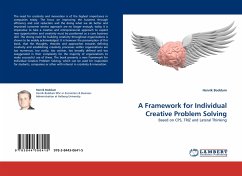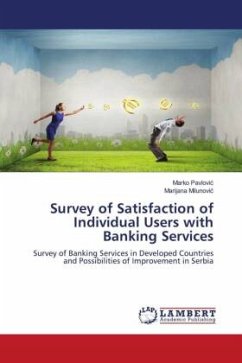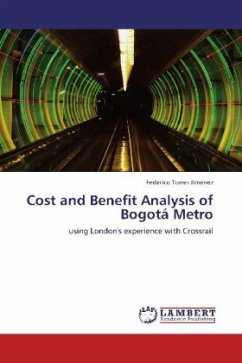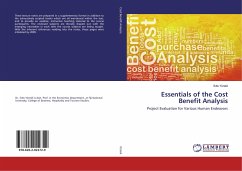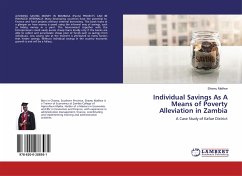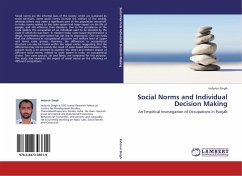Tax-benefit systems play an important role in the socioeconomic organisation of countries. Indeed, the distribution of income, living arrangements and the pattern of labor supply at one point in time are partly the outcome of past systems of taxation and social security benefits. The reason is that individuals react to the incentives displayed by those systems and modify their behavior accordingly. Tax-benefit systems need thus to be amended in some circumstances to account for changes in the socioeconomic circumstances. An obvious application is the ongoing question in economic literature and policy design of the choice of the unit of assessment in tax-benefit systems.The unspectacular evolution in women labor market participation observed over the past decades combined with an evolution of the structure of the family constituted major changes and challenged the traditional design of tax-benefit systems.This study will try to determine the current pattern governing household organization in terms of labor supply. The question will be to assert to what extent tax-benefit systems contribute to this situation and how they need to be amended to better reflect the changing conditions.
Bitte wählen Sie Ihr Anliegen aus.
Rechnungen
Retourenschein anfordern
Bestellstatus
Storno

